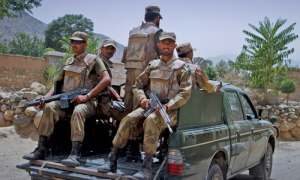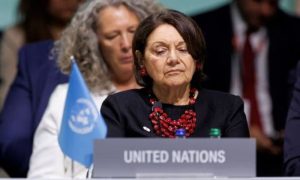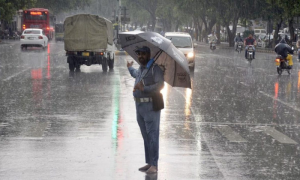The level of corruption scandals in the Indian armed forces has increased to concerning levels in the past several years. These incidents have increased in frequency and severity during Prime Minister Narendra Modi’s administration, raising serious questions about the honesty and responsibility of military leadership. Considered as one of the most disciplined and respected organisations in the nation, the Indian Army has traditionally been regarded an esteemed institution. Unfortunately, a slew of scandals involving corruption have damaged this reputation and shown a troubling pattern of fraud, dishonesty, and abuse. Under the shadow of Modi’s government, which has been charged with failing to adequately handle these problems and even using the military forces for political purposes, the situation has gotten worse.
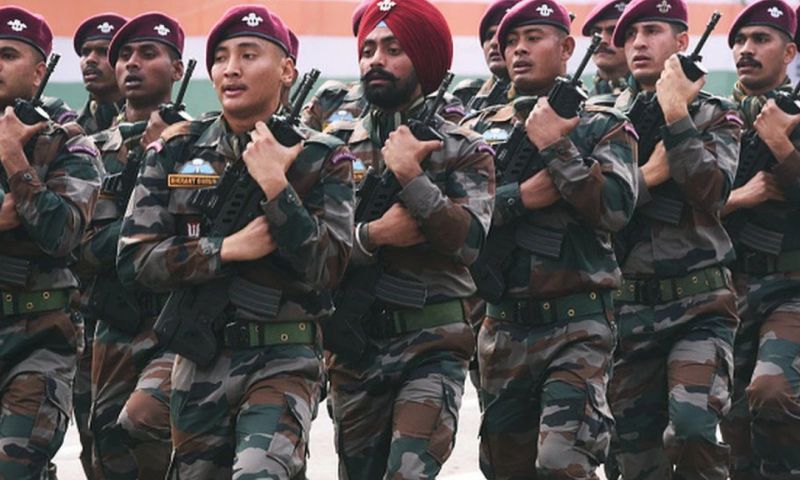
Major Amarjit Singh Shahi is one of the most prominent cases of corruption in the Indian Army. The Kashmir Media Service’s investigative work brought this case to light and revealed the full scope of Shahi’s deception. The former Indian Army Major Shahi was reportedly detained for allegedly cheating twenty ex-servicemen out of a total of Rs. 6 crore. Shahi was apprehended by the Economic Crime Wing of India due to his involvement in a fraudulent investment scheme, exposing the extent of dishonesty that certain military personnel engage in. It was discovered through complaints filed against Major Amarjit Singh Shahi and a close friend that they had made exaggerated claims of large investment returns but had never fulfilled them.
Shahi won the trust of his former co-workers by using his position and power, and he was able to convince them to invest in a company named Money Multipliers in Kanpur. Shukla, an acquaintance of Shahi, ran the company, which made extravagant promises but never delivered on them. Shahi even displayed fictitious statements that purported to indicate a demat account balance of around Rs.62 crore, but it was later discovered that the assertions were wholly false. The victims of Shahi’s deceptive ploy suffered greatly; the majority were former service members who had put their faith in Shahi because of his military experience. The breach of this trust exposed the dangers faced by retired troops, who frequently depend on these assets for their post-retirement income, in addition to causing large financial losses. This example emphasises the necessity of more stringent laws and supervision in order to save defenceless veterans from this kind of abuse.
The incident involving Major Amarjit Singh Shahi is not an isolated one; it is indicative of a broader pattern of corruption and malpractices within the Indian Army that has persisted and, arguably, worsened under Modi’s government. The Indian Army has always been plagued by corruption. More than 1,800 corruption incidents involving military personnel have been disclosed since 2010.

The Indian Army’s continued corruption has larger ramifications for the defence and security of the nation. Corruption erodes public trust, jeopardises military operations’ integrity, and lowers the morale and effectiveness of the armed forces. A weakened military puts national security at serious risk given India’s geopolitical challenges. The hiring process is one of the main areas where corruption has an impact. There are more and more reports of favouritism, bribery, and other irregularities in hiring. Such actions not only lead to the hiring of underqualified employees but also demoralise worthy applicants who are passed over in favour of those with the resources to pay bribes.
Misuse of military resources is yet another important problem. There have been several reports of instances of officers embezzling money, trading in military rations and supplies, and committing other financial frauds. In addition to using up military resources, these kinds of actions also reveal a larger culture of impunity in the armed services. Military activities may also be directly impacted by corruption. The efficiency of military operations can be seriously jeopardised by the purchase of inferior equipment, the misappropriation of cash intended for operational needs, and other unethical behaviour. This is especially worrying for a nation like India, which deals with serious internal and foreign security challenges.
Numerous prominent instances of corruption within the Indian Army have attracted both domestic and foreign attention. These incidents demonstrate how widespread corruption is and how top military officials engage in dishonest business. The Adarsh Housing Society fraud, including politicians and high military commanders, is among the most well-known examples. The illicit distribution of flats in a Mumbai high-rise structure that were initially intended for veterans and widows of war served as the central plot point for the fraud. Rather, these residences were given to politicians and high-ranking bureaucrats at much reduced costs, which sparked a public uproar and legal actions.
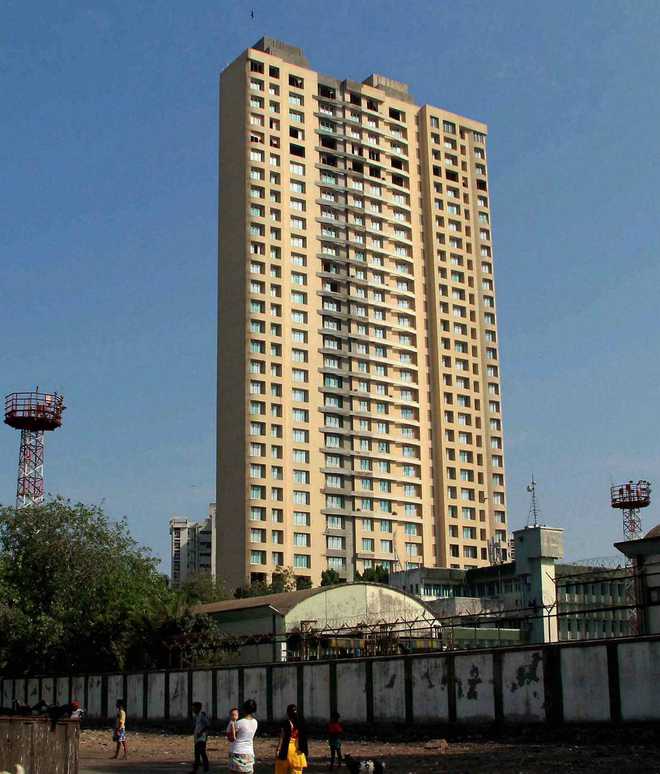
The Tatra truck affair, involving the purchase of inferior vehicles for the Indian Army at exorbitant rates, is another noteworthy instance. The controversy exposed the pervasive corruption in the military acquisition process and implicated a number of high-ranking commanders and defence officials. Due to the deployment of inferior equipment, the scandal not only caused financial losses but also jeopardised the army’s ability to conduct operations. The Indian Army’s ongoing corruption is indicative of a number of structural problems that require attention.
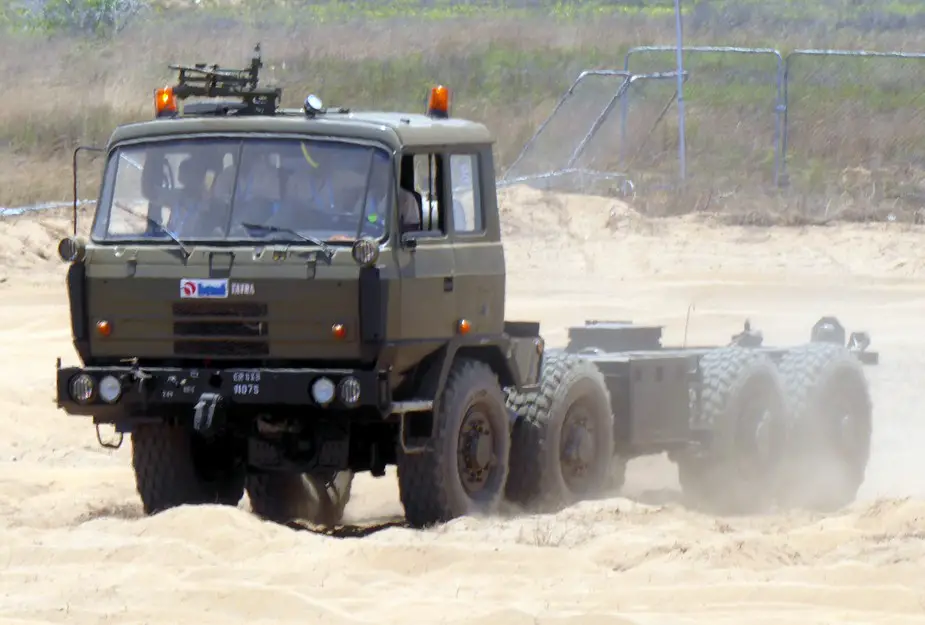
The current supervision systems frequently fall short in identifying and stopping corrupt behaviour. Internal audits and inspections are either not thorough enough or are compromised because dishonest personnel are involved. Strong, independent oversight organisations are required in order to properly monitor and look into cases of corruption in the military services. Another big problem is political meddling in military matters. The independence and integrity of the armed forces are compromised when politicians become embroiled in corruption scandals, as demonstrated by instances like as the Adarsh Housing Society fraud. Maintaining the military’s professionalism and integrity requires ensuring its political neutrality and shielding it from excessive political influence. The Modi government’s political interference and exploitation of the armed forces have failed to curb corruption, compromising both operational readiness and morale. Comprehensive changes are necessary to improve accountability, ethics, and transparency in the military in order to solve these problems.
















